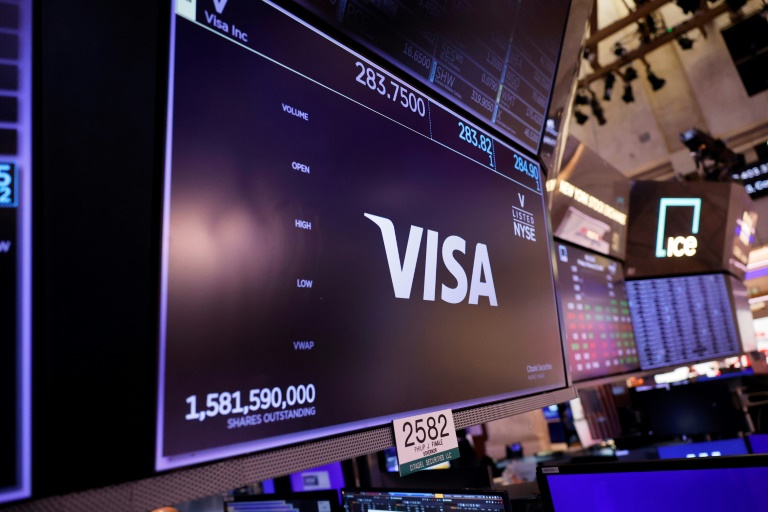Visa's 24/7 Cyber Defense Front Fights Global Hackers

The Battle Against Cyber Fraud: Visa's Global Efforts
In the heart of Data Center Alley, a suburban area in Washington where much of the world’s internet traffic flows, Visa operates its global fraud command center. This facility is at the forefront of a high-stakes battle against cybercrime, as the company deals with an ever-growing volume of transactions and threats.
Every year, $15 trillion flows through Visa's networks, representing roughly 15 percent of the world's economy. This massive amount of money makes Visa a prime target for bad actors who are constantly trying to siphon off funds. The threat landscape is evolving rapidly, with modern fraudsters ranging from lone individuals seeking quick profits to highly organized criminal syndicates that generate tens or hundreds of millions of dollars annually through fraudulent activities.
Visa has invested heavily in its defense mechanisms, allocating $12 billion over the past five years to build AI-powered cyber fraud detection capabilities. This investment reflects the understanding that criminals are also leveraging advanced technologies to carry out their operations.
Michael Jabbara, Visa's global head of fraud solutions, emphasized the complexity of the threat environment during a tour of the company's security campus. He noted that these criminal organizations are highly structured and operate with the same level of professionalism as legitimate businesses.
Scam Centers and Consumer Vulnerability
One of the most concerning trends is the targeting of consumers by sophisticated scam centers. These operations often manipulate emotions to lure individuals into making purchases or engaging in transactions. Consumers are particularly vulnerable, and this has led to a surge in recent attacks.
Jabbara warned that many of these scams originate from regions like Myanmar, where human-trafficking victims are forced to work in cyber scam centers operated by Asian crime networks. These centers are part of a larger ecosystem that includes everything from fraud toolkits to bot networks.
The Evolution of Fraud Techniques
The methods used by fraudsters have become increasingly systematic and difficult to detect. Once criminals obtain card information, they distribute it across numerous merchant websites that generate small recurring charges. These charges are often low enough that victims may not notice them for months.
Some of these operations now resemble legitimate tech companies, offering services and digital products to fraudsters in a manner similar to how Google or Microsoft cater to businesses. On the dark web, criminals can purchase comprehensive fraud toolkits, including software, tutorials, access to mule networks, and bot networks for denial-of-service attacks.
Jabbara explained that the trend of off-the-shelf services has lowered barriers for cybercriminals, much like cloud computing did for startups. These services enable bad actors to launch brute force attacks on an industrial scale, using repeated payment attempts to crack card details.
Corporate-Like Management in Criminal Organizations
The sophistication of these criminal organizations extends to their management structures. Some employ chief risk officers who assess operational risks and decide which targets are worth pursuing. For example, they might avoid targeting government infrastructure or hospitals due to the high risk of law enforcement attention.
Combating the Threats
To counter these unprecedented threats, Jabbara leads a payment scam disruption team focused on understanding and countering criminal methodologies. From a small room called the Risk Operations Center in Virginia, employees analyze data streams on multiple screens, searching for patterns that distinguish fraudulent activity from legitimate credit card use.
In the larger Cyber Fusion Center, staff monitor potential cyberattacks targeting Visa's own infrastructure around the clock. Jabbara noted that the company deals with millions of attacks across different parts of its network, with most handled automatically without human intervention.
Visa maintains identical facilities in London and Singapore, ensuring 24-hour global vigilance. This strategic approach underscores the company's commitment to protecting its users and maintaining the integrity of its financial systems in an increasingly complex digital landscape.
Post a Comment for "Visa's 24/7 Cyber Defense Front Fights Global Hackers"
Post a Comment